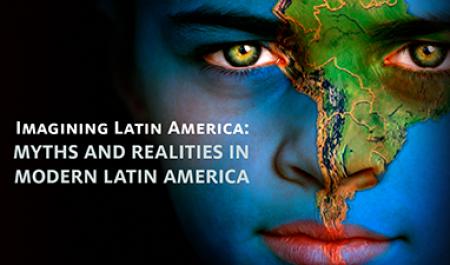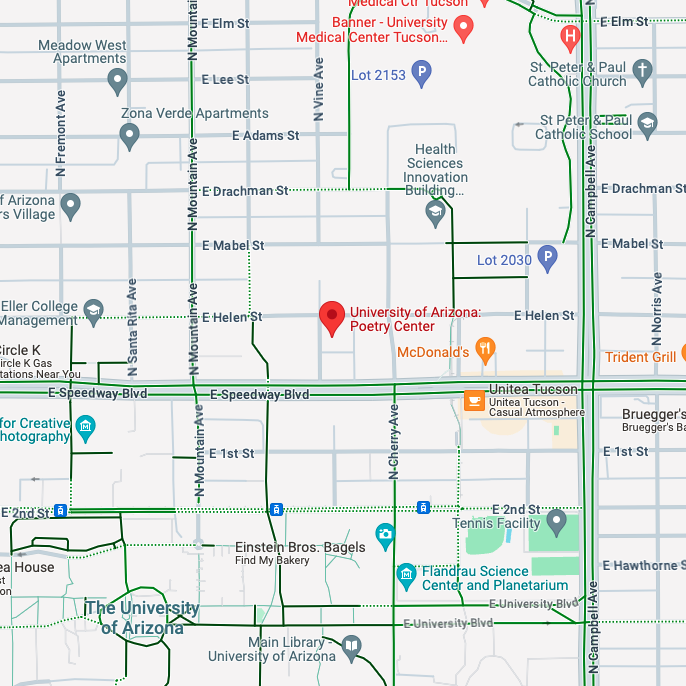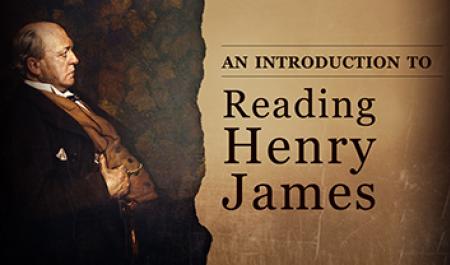Stereotypes of dictators, machismo, endemic drug violence, and staunch Catholicism are often applied to Latin America. Countries as different as Argentina, Mexico, and Brazil are lumped together despite varying ethnicities and economics. How can we tell the difference between the myths and the realities? How can a little island like Cuba so enrage the United States? This ten-week course approaches these questions topically. Lectures and selected readings explore topics such as the decline of Catholicism, democracy, the role of Jews and Muslim immigrants in shaping this region, U.S.-Latin American relations, charismatic leaders, the history of drug production, and women in the future of Latin America. Military regimes and guerrilla movements will also be covered. The aim of this course is to inform, share opinions, entertain, and help people understand news and politics from an informed perspective.






